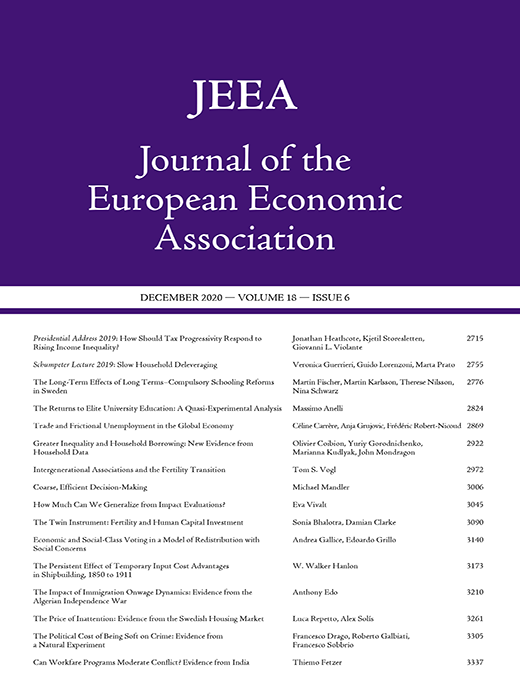
The Role of Information in Innovation and Competition
Innovation is typically a trial‐and‐error process. While some research paths lead to the innovation sought, others result in dead ends. Because firms benefit from their competitors working in the wrong direction, they do not reveal their dead‐end findings. Time and resources are wasted on projects that other firms have already found to be fruitless. We offer a simple model with two firms and two research lines to study this prevalent problem. We characterize the equilibrium in a decentralized environment that necessarily entails significant efficiency losses due to wasteful dead‐end replication and an information externality that leads to an early abandonment of the risky project. We show that different types of firms follow different innovation strategies and create different kinds of welfare losses. In an extension of the core model, we also study a centralized mechanism whereby firms are incentivized to disclose their actions and share their private information in a timely manner.





